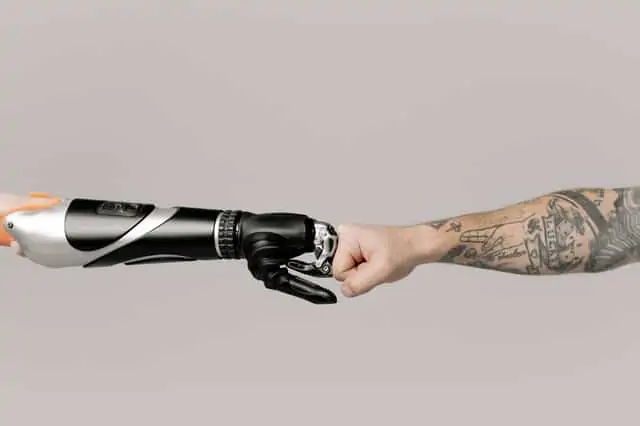If scientists at the University of Pennsylvania have their way, you might schedule an appointment with your dentist in The Woodlands and a team of robots. They’ve developed a small army of robotic cleaners to get rid of bacteria and plaque buildup on your teeth.
What Exactly Are We Talking About?
Gone are the days of clunky robots; today’s artificial intelligence is far beyond what it once was, giving new capabilities to all industries — especially medical and dental-related treatments. The team of researchers created two different robotic systems that can clean your teeth with added precision:
– One system is ready to clean the surfaces of your teeth
– The second system is designed to address more confined spaces
When they successfully work together, they can help remove all kinds of unwanted bacteria, biofilm, plaque, etc., from your teeth.
Driving You to Improved Oral Health
This new technology is more officially known as catalytic antimicrobial robots or CARs. Researchers say they’re unquestionably unique in their capability of removing biofilms from both the tooth surface and something called the isthmus. This hard-to-reach and navigate spot is the narrow channel located in between your tooth’s delicate root canals. The robots are killing bacteria and removing biodegraded products from your teeth.
CARs are shown to:
- Lower your risk of developing dangerous tooth decay
- Reduced the need for root canal therapy
- Help eliminate any chance for dental implant contamination
Your Woodlands dentist was amazed by this, and then we read that these tiny robots are also capable of even more — such as clearing out everything from catheters to water pipes.
Ready for Some Action?
If you’d like a sneak peek of how these robots operate, click here. Researchers say they hope to make it easier for your dental team in The Woodlands and you to get a thorough teeth cleaning.
“Treating biofilms that occur on teeth requires a great deal of manual labor, both on the part of the consumer and the professional,” says Edward Steager of the School of Engineering and Applied Science, and co-lead of the study. “We hope to improve treatment options as well as reduce the difficulty of care.”
If you’d like to speak to someone about improving your smile and past dental work, come to see us in The Woodlands at one of these locations:
Dr. Robert Dernick (General, Cosmetic, Implant Dentistry, and TMJ)
Dr. Mike Freeman (General, Cosmetic, Implant, Sleep Apnea, and TMJ)
Dr. Alisa Reed (General, Cosmetic, Implant, Laser, Sleep Apnea, and TMJ)
Dr. Wade Williams (Orthodontics)
Dr. Nikita Vakil (General, Cosmetic, Implant Dentistry)
Dr. Leslie Blackburn (Pediatric Dentistry)

